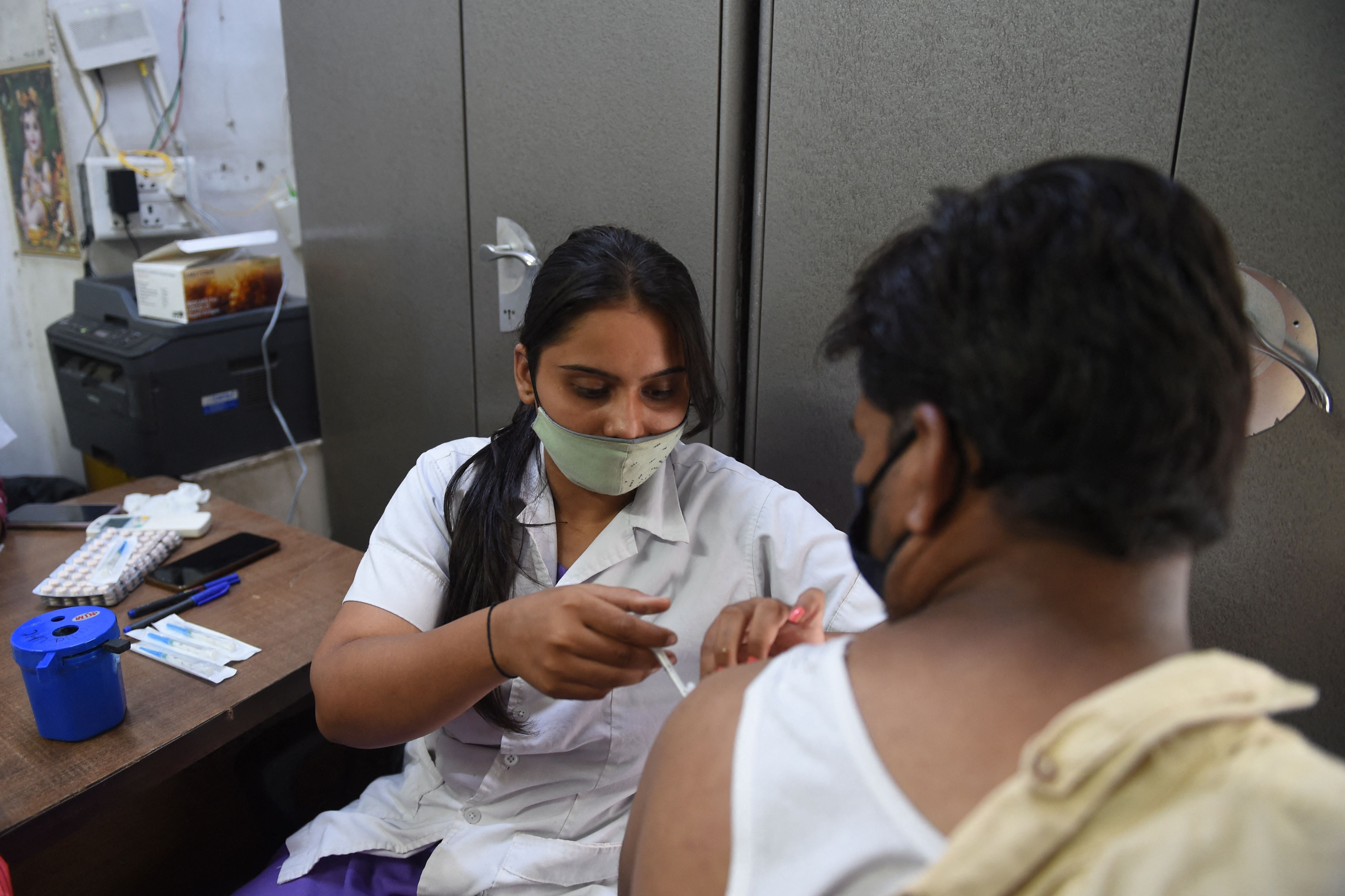India is yet to accept over 7.5 million free doses of Covid vaccine: here’s why
The Indian government has yet to agree an indemnity clause with Moderna, which wants it as a prerequisite before supplying vaccines to the country

India’s government has been offered 7.5 million doses of Moderna’s Covid vaccine but is yet to accept it as it has not agreed to provide indemnity to vaccine manufacturers - a pre-requisite for the company.
The vaccines were offered through the Covid-19 Vaccines Global Access (COVAX) vaccine-sharing initiative, but there is yet to be any consensus on the issue of indemnity, said sources quoted by news agency Press Trust of India.
Indemnity – in terms of vaccine manufacture and distribution – is a legal protection sought by pharmaceutical companies from any potential compensation demands by the larger public.
Such demands could be made in the event of any adverse side effects after receiving the vaccine.
The Indian government has in the past said it was working to iron out the issue with global manufacturers Moderna and Pfizer, both of which want indemnity before they can begin supplying their vaccines to India.
Discussions on the indemnity issue “have not yet concluded”, said Dr VK Paul, a member of NITI Aayog, the Indian government’s public policy think tank.
The government has also reportedly set out certain conditions to finalise the indemnity clause contract and has sent them to the manufacturers, according to the sources cited by the report.
The deadlock over discussions on an indemnity clause has led to India’s government relying on just two vaccines – Covishield and Covaxin – to meet its vaccination targets. Just 6.3% of India’s population of 1.4bn are fully vaccinated.
Covishield is manufactured by the world’s largest vaccine maker Serum Institute of India (SII) that partnered with AstraZeneca to develop the vaccine, while Covaxin was created by Bharat Biotech.
If indemnity is provided for pharma companies, individuals will not be able to sue them for any negligence and will instead have to go through the government that will be the respondent in any such cases.
Any potential agreement on the issue of indemnity will likely have an effect on both the indigenous manufacturers as well.
On learning that the government was in talks with Pfizer and Moderna over the indemnity clause, the SII in June said the rules “should be the same for everyone”.
“Not just Serum Institute of India (SII), all the vaccine companies should get indemnity protection against liabilities if foreign companies are granted it,” sources from the vaccine maker told news channel NDTV on June 9.
Sources in the federal health ministry on June 2 told the channel “there is no problem” in providing indemnity against claims linked to the usage of the vaccine.
So far however, the Indian government has not provided indemnity to any vaccine manufacturer.
Join our commenting forum
Join thought-provoking conversations, follow other Independent readers and see their replies
Comments
Bookmark popover
Removed from bookmarks